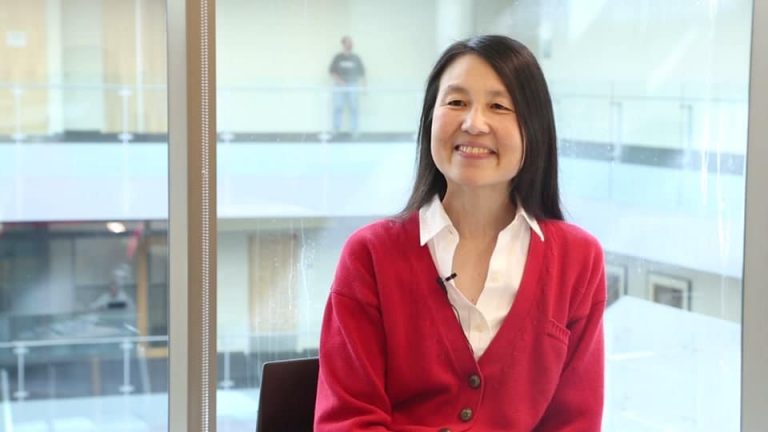Jeannette Wing has crossed our radar previously when she was honored by the Association for Computing Machinery for her decade-old essay on Computational Thinking. As Microsoft’s Corporate Vice President of Research, Wing has been viewed as a pioneer of early thoughts on modern computing in the industry for some time now.
Wing was recently found promoting computation thinking at this year’s World Computer Congress. In Daejeon, South Korea this year, Wing used the WCC as a podium to advocate the necessity of computational thinking (CT) amongst today’s student body.
Wing insist that students, future employees and the industry as a whole need to move beyond simple IT technology and start to apply principles and best practices of CT to help solve new problems. With decades of experience and advocacy behind her, Wing posits that computational thinking shouldn’t be held hostage to computer scientist alone, she believes it’s something that should begin its adoption in K-12 formal education.
During her time at WCC, Wing held a keynote on computational thinking that brought together Korean education stakeholders, policy makers, teachers, and educators from around the world, that jump started the conversation on possible course applications of CT.
“Thinking like a computer scientist means more than being able to program a computer, it requires the ability to abstract and thus to think at multiple levels of abstraction.”
Wing, along with Microsoft Research, are looking to transform educational standards to better equip individuals with the right tools for a future increasingly dependent on computer sciences to solve societal problems.


